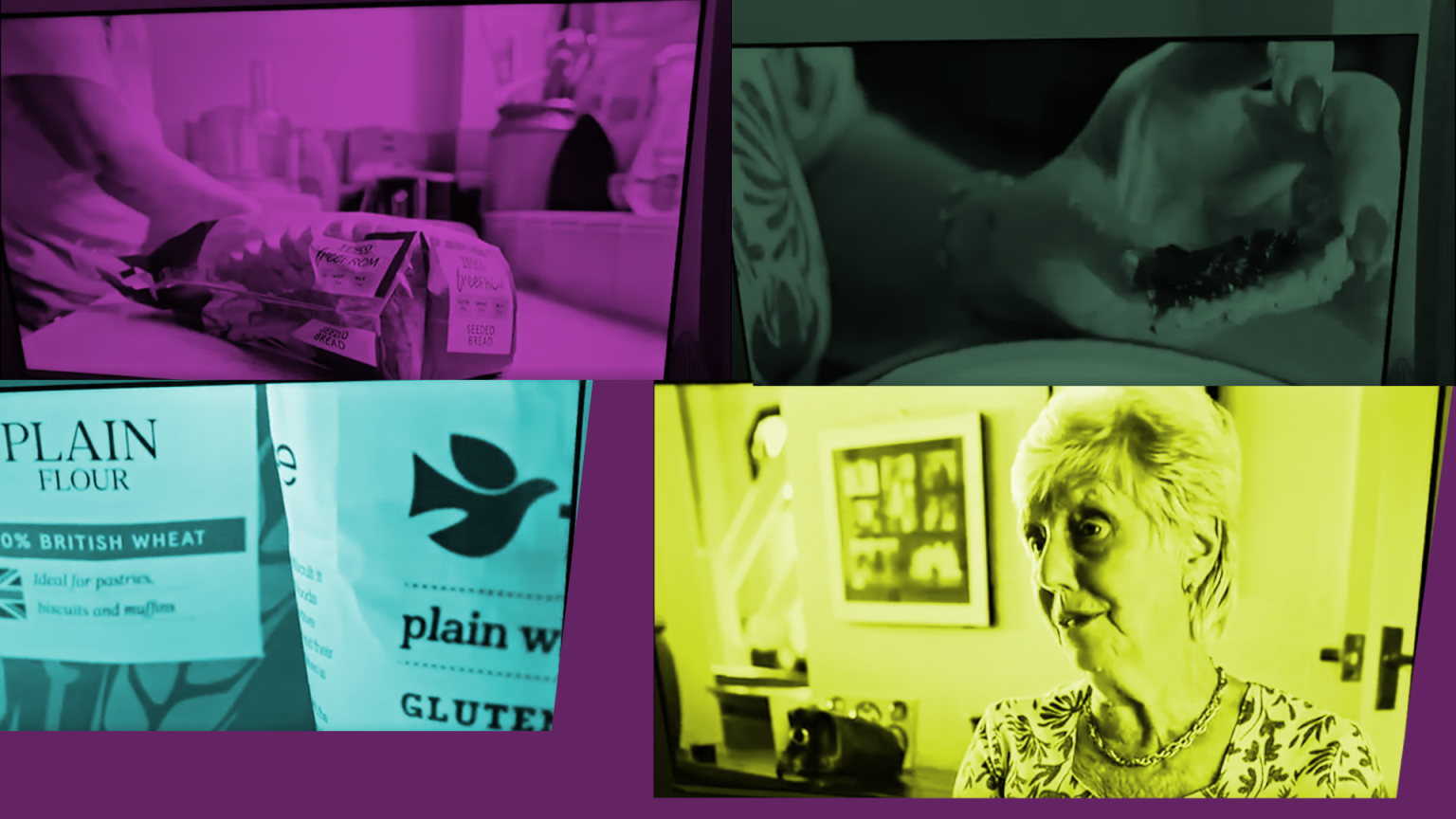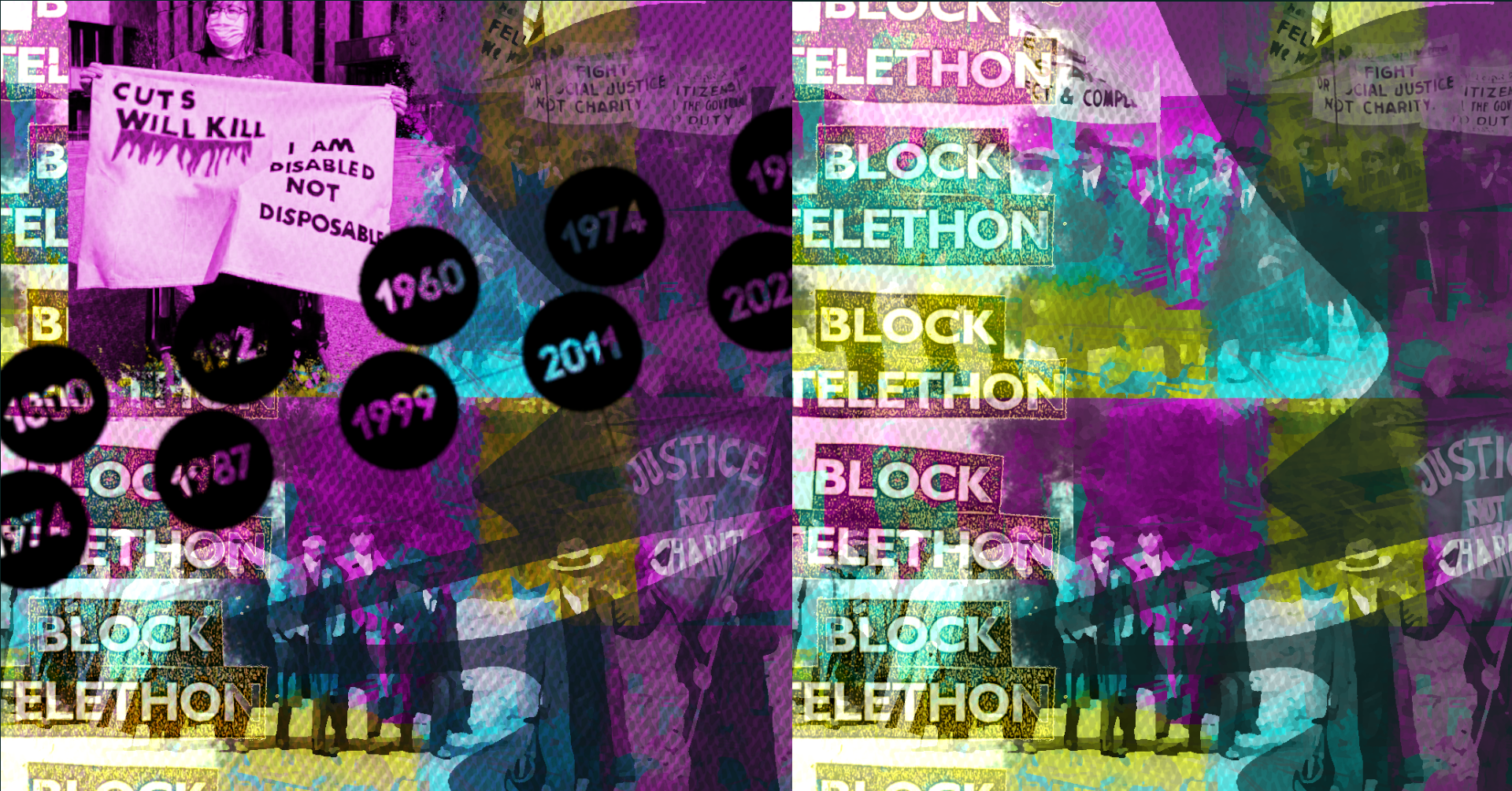Introduction
Have you ever stopped to think about the real cost of a loaf of bread, or the true cost of Gluten-Free diets? For thousands of people across the North East and North Cumbria with coeliac disease, it’s one which weighs on their minds as much as their wallets.
During the summer, a proposed change by the NHS North East and North Cumbria Integrated Care Board (ICB) caused outrage. They launched a public consultation on a proposal to stop prescribing gluten-free bread, rolls, and flour mixes. These are a lifeline for around 4,700 people in our region.
This news came as a complete shock to many. Suzanne Fletcher, who is an admin of the ‘Gluten Free in Stockton-on-Tees’ support group, heard about the consultation by chance.
“We had no idea about it,” said Suzanne. The first she heard of it was when Difference North East emailed her the NHS’s notification. That single email was the stimulus, galvanizing her and her group to spread the word and respond with haste.
This situation raises a critical question: when a decision will affect a specific community, how do we all work to ensure that community is properly heard?
The True Cost Gulten-free: a Safe Diet
The reason the NHS ICB gives for the review is budget control. They point out that gluten-free foods are now more easily found in shops, labelling is improved, and the NHS is often paying higher prices for these foods on prescription than shoppers pay in supermarkets. They also want to ensure NHS funds are being spent “fairly and equally” across the region, especially as prescribing already varies across the UK, the classic ‘postcode lottery’.
But for those who rely on these prescriptions, the maths tells a very different story. As featured on BBC Look North, the financial impact is severe.
Sylvia, diagnosed two years ago, fears the impact on her pension. “I would be devastated because it’s I’m on a pension, and it is food’s gone up for everybody and gluten-free has gone up even more.”
“I suppose I will have to learn how to make bread, but I am coming up 82 now, and it will be difficult at my age”
Penny, whose son has coeliac disease, broke it down: “The bread buns, for example, will cost in excess of 40p each, whereas a normal bread bun probably about 8 or 9p. The flour is about four times the cost.”
Suzanne, speaking for her 1,200 members, summed up the feeling: “Some are angry, upset, they’re not quite sure what they’re going to be able to do, especially those with children.” She emphasised the unfairness of the postcode lottery, noting that access to support “is not based on need. It’s not based on income. It’s based purely on your postcode.”
True Cost of Gluten-Free, More Than a Medical Issue: A Barrier to Living
This is a good example of what is known as the social model of disability.
In the medical model we consider illnesses like coeliac disease purely in medical terms: you have an autoimmune disorder, you eliminate gluten, you manage. But that doesn’t take into account the broader picture. The social model argues that people are not disabled by their condition itself, but by the barriers they face in everyday society.
What are those barriers?
- Economic Barriers: Four times more costly gluten-free food is a tremendous economic barrier.
- Social Barriers: Fear of dining out, fear of cross-contamination, feeling like an ‘inconvenience’. Penny said “throughout his childhood he never once got to eat the same party food as his peers, and always had to take his own food; extra expense, extra stress, extra organisation required, and then him feeling different.”
- Physical Barriers: Restaurants or cafés that are unable to supply a safe meal. If you take your own bread bun for a burger you can be asked to pay £1.00 extra, and never get a reduction not having part of a meal.
The potential cancellation of prescriptions would present another significant economic barrier to a population that already faces numerous others. The NHS ICB would decide by removing the prescription to increase the degree that people with coeliac disease in the North East are disabled. This is because if the NHS, ICB decides to remove prescriptions, this will increase the number and severity of barriers to equal participation in society for people with coeliac disease. Further, these barriers will be more severely felt by those already having to make stark choices around food due to poverty.
People Power in Action
Suzanne flew into action. They informed all their main network contacts about the consultation and took their concerns directly to the media. They survived several hours of BBC Look North filming and early morning radio interviews, all to ensure that the voices of the impacted were heard.
This is people power in action, a community coming together to highlight the real world impact of policy change and fighting to be heard.
What Does This Mean for You?
Whether you are affected by coeliac disease yourself, know someone who is, or simply believe in a fair and inclusive society, this matters. It is about ensuring that everyone can afford the safe food they need to stay well without being pushed into financial hardship.
The debate continues. The NHS ICB stated they are now “carefully considering all feedback” from over 1,400 respondents before making a decision.
Here at Difference North East, we’re dedicated to empowering communities to have their say and campaigning to remove the barriers that disable people face.
Would you like to be the change? You can:
- Become a Member and be part of our community fighting for disability rights across the North East. Become a Member
- Share Your Experiences with us. Your story matters and can shape our work. Share Your Experience
- Become an Ally and support our work. Become an Ally
Want to know more about the social model and coeliac disease? Read Alaster’s great blog, where he goes into more detail: Is Coeliac Disease Classed as a Disability?
Together, we can build a region where no one is disabled by the barriers around them.



